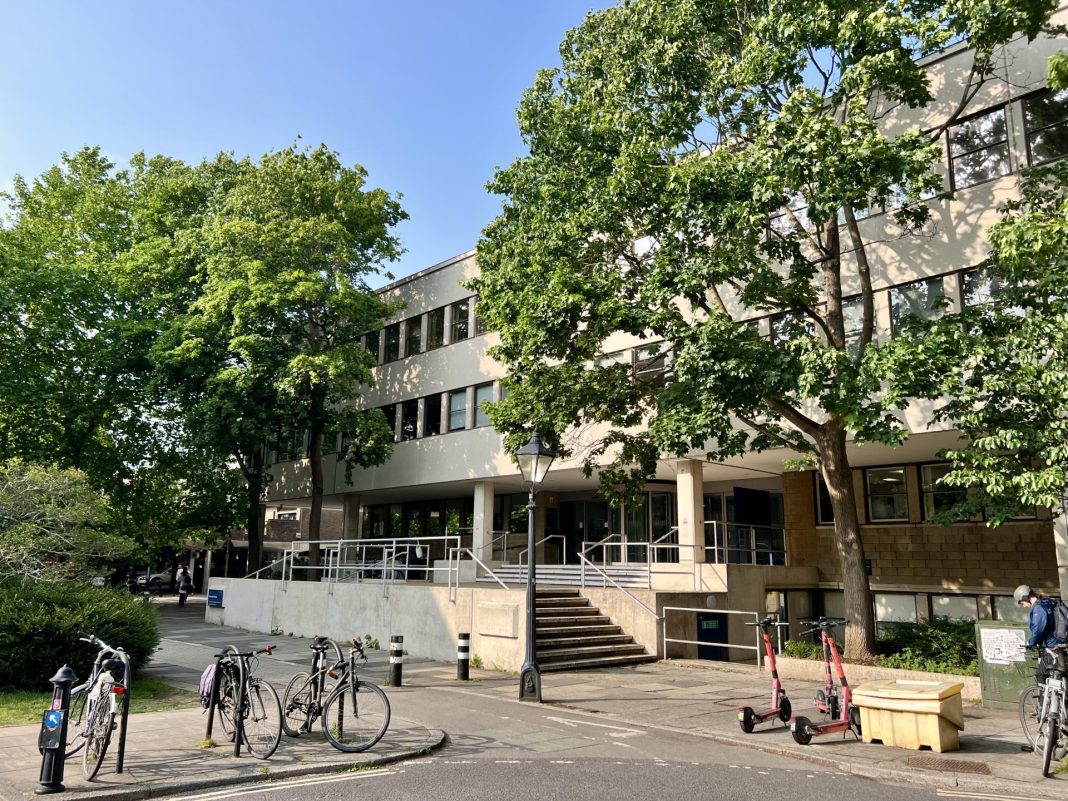Proposed changes to Oxford University’s disciplinary code have faced criticism for retaining “problematic clauses” that “remain at risk of overreach”, despite a year-long consultation prompted by backlash over free speech concerns. The power of the University to temporarily ban students from its land as a precaution, as well as limiting freedoms to protest, has been met with scrutiny.
The amendments will also enable the University to investigate more cases of serious misconduct without complaints having to first be lodged with the police. They aim to make the disciplinary process clearer and more accessible, according to a notice in the Gazette.
The proposals also address artificial intelligence, stating that the unauthorised use of AI in examinations is a form of academic misconduct. It clarifies that submitting “materials generated by artificial intelligence” is not considered a student’s own work.
If passed by Congregation later this month, these changes will be enacted to Statute XI, which includes the code of discipline for all students. The updates would come into effect from September 2025, bringing university procedures in line with Office for Students (OfS) guidelines that come into place this summer.
Concerns with proposed changes
Amendments to the statute proposed in June 2024 were met with concern as a statement circulated which warned of “illiberal” and “alarming” clauses. Opposition to the amendments was noted by over 15 academics in a resolution submitted to Congregation, and over 30 academics backed a resolution in support of a working group. This led the University Council to withdraw them, and the working group was established to revise the proposals.
The authors of that statement, who have now come forward as Daniel Tate, Isabella Cuervo-Lorens, and Lara Hankeln, told Cherwell that there remain a number of clauses that “still continue to concern [them],” despite some “notable improvements” as compared to last year.
One of the clauses in question stipulates that no member of the University or student member may “disrupt or obstruct” university activities. If the new amendments are passed, this will include disrupting or obstructing “the lawful exercise of freedom of speech”, including by visiting speakers. Protests permitted by the Proctors, however, will not breach the disciplinary rules, though the University did not respond to how many had been allowed in the last two years.
Another clause introduces the power to temporarily ban students from University premises for up to 21 days. This can be used as a “precautionary measure” if there are “reasonable grounds” to believe that an individual “is likely or threatens to cause damage to property or harm to other users”.
The authors told Cherwell that both of these clauses “remain at risk of overreach, vagueness, and ambiguity.” They asserted that these clauses, as well as another that pertaining to police arrests, could have a “chilling effect” towards freedom of expression, peaceful assembly, and academic freedom.”
Statute XI Working Group
The authors told Cherwell that they provided recommendations on how to address these concerns to the Statute XI Working Group and to members of the three University committees reviewing the amendments. Although they are “relieved” at the improvements, they maintain that the updated proposal retains these “problematic clauses”.
The Working Group on the Statute XI Amendments was proposed by 31 members of Congregation to address the problems with the 2024 legislative proposal. The Student Union (SU) Vice President for Postgraduate Education and Access (VP PG), Lauren Schaefer, was a member of the Statute XI Working Group.
The SU told Cherwell that Schaefer presented student views in the Working Group, and described it as a “productive and informative space, eager to hear and respectful of student views.” They told Cherwell that “the SU is confident that Statute XI issues have been subject to all due scrutiny through the University’s governance processes.”
By contrast, however, the authors of last year’s statement told Cherwell about issues with “the spirit and terms” of this Working Group. They claim that the process was “undermined by the University administration’s undue influence over the Working Group’s output, as well as by the Working Group’s lack of transparency and approachability.”
The authors told Cherwell that they urge “fellow students to keep up-to-date on the Statute XI process, scrutinise the University Administration’s actions with critical eyes, and remain mindful of their rights under UK and international human rights law.” The SU encouraged students to use formal complaints channels if they believe rules have been applied inappropriately.
In response to concerns with the amendments, a spokesperson for the University told Cherwell: “The proposed changes before Congregation build on a previous set of proposals that was initially developed in 2023/24, and has been further comprehensively reviewed over the past seven months. Staff and students throughout the collegiate University have been extensively consulted.
“The proposals will allow the University to investigate more cases of serious misconduct, make the disciplinary process clearer, more accessible, and more effective, and ensure that the University meets the appropriate regulatory requirements on harassment and sexual misconduct. Congregation will now consider the changes.”


